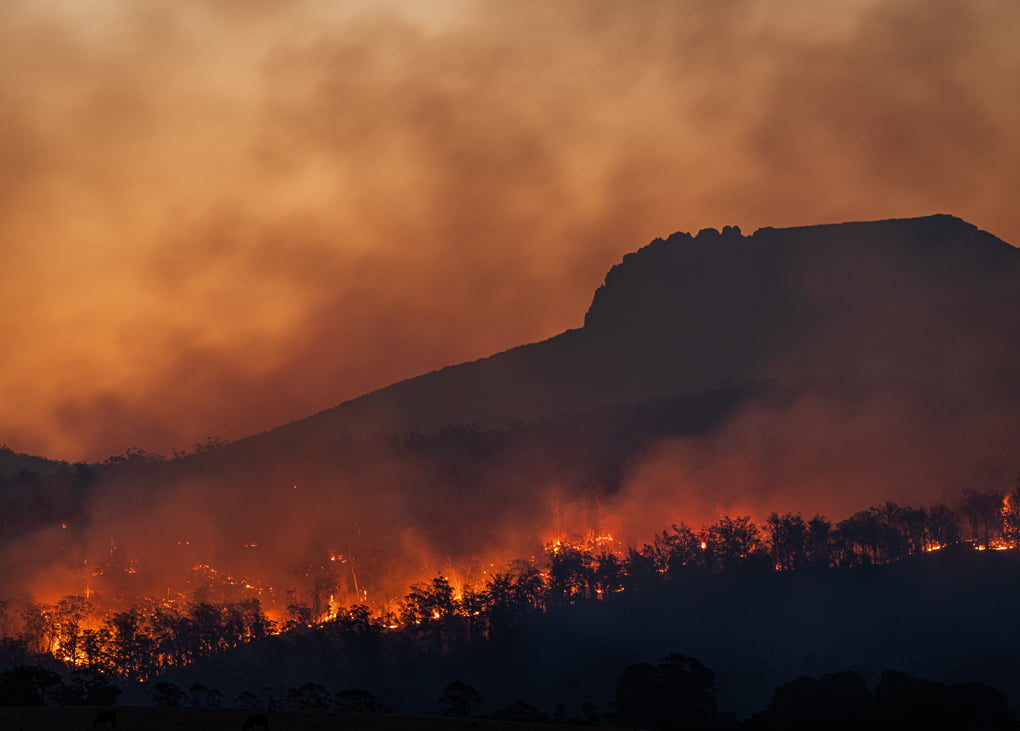The Intergovernmental Panel on Climate Change (IPCC) has released its latest in a series of assessment reports on the state of the planet’s climate. The report concluded that the world cannot avoid some of the devastating impacts of climate change. These are inevitable. Yet it also said there is still a narrow window to keep the devastation from getting even worse.
The report was the first from the IPCC in eight years, in which time climate science and measurements have improved to the point where scientists can prove “unequivocally” that humans are responsible for our planet’s warming.
According to the report, even if major industrial nations started sharply cutting emissions today, overall global warming is likely to rise by about 1.5°C by 2040. This hotter future is now essentially locked in.
“We can expect a significant jump in extreme weather over the next 20 or 30 years,” says University of Leeds climate scientist Piers Forster, who helped write the report. “Things are unfortunately likely to get worse than they are today.”
The report says that for at least the next 30 years, there will be more frequent and intense heatwaves, longer and more damaging droughts, more bushfires, and more frequent, heavier downpours that result in flooding.
The planet has already warmed by roughly 1.1°C since the 19th century, when the Industrial Revolution began, largely caused by burning fossil fuels for energy. Reports suggest climate change has exacerbated the blistering heatwaves this year in the US and Canada; floods in Germany and China; and bushfires that have burned out of control in Canada, Siberia, Turkey and Greece.
“The IPCC report presents a stark and accelerating risk to all communities, impacting the current and future work of engineers,” says Engineers Australia CEO Dr Bronwyn Evans AM. “The findings further confirm what engineers are already grappling with: heightened risks to our built environment and communities. All countries must heed the warning of [the] report and take urgent steps to limit warming to 1.5°C.
“Australia’s particular exposure to climate change will pose ever-greater challenges to our physical world. Climate adaptation and resilience demands sophisticated engineering solutions in every part of the community. Our profession must be at the centre of change.”
AIRAH CEO Tony Gleeson, M.AIRAH, says the HVAC&R community has a vital role to play in meeting the aims of the IPCC report.
“Whether it’s in developing lower-emissions solutions, or as designers of the built environment, our industry has shown it’s ready to meet the climate challenge,” Gleeson says.
“Adaptation, mitigation and building resilience into our cities require innovative engineering solutions, which the HVAC&R industry can help deliver.”
The IPCC’s assessment comes less than three months before Glasgow hosts COP26, a key climate summit.
 Mark Vender
Mark Vender


Leave a Reply